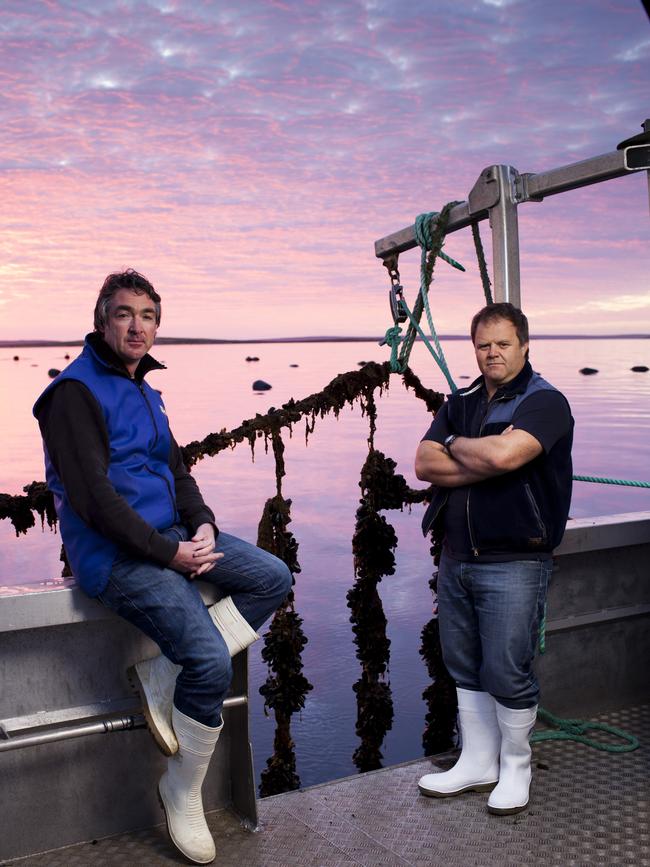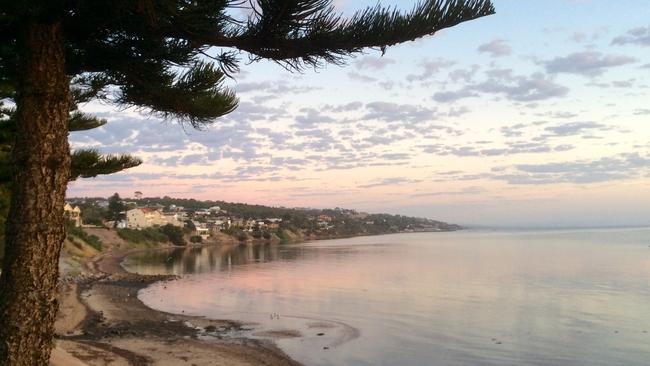Port Lincoln fishers, seafood industry raise environmental fears over SA Water’s Port Lincoln desalination plant plan
Plans for a new desalination plant at Port Lincoln could threaten the local seafood industry’s $220m per annum turnover, a major employer says.
Port Lincoln
Don't miss out on the headlines from Port Lincoln. Followed categories will be added to My News.
Port Lincoln’s seafood industry is warning SA Water a new desalination plant could risk businesses’ future, amid worries about its environmental impacts.
SA Water is working to finalise plans for the region’s new plant, to improve water security in the area and cater for population growth. It’s currently supplied by groundwater and the River Murray.
Among options is land at Billy Lights Point, but that proposal has raised worries among fishers and seafood companies because of its proximity to Boston and Proper bays.
They are worried the bays’ sheltered environments will make it too difficult to dilute hypersaline water pumped out of the plant, which could threaten marine life and their livelihoods.
Flinders University oceanographer Jochen Kaempf said the site was the “worst choice of location” in the region because it was a very sheltered spot and hypersaline water pumped out of the plant would be difficult to disperse into the sea.

He said that water could kill off seagrasses, also resulting in a salty layer of water creeping along the sea floor, affecting oxygen levels.
It could cause algae blooms, he said, and mussel spat might be sucked up in the plant’s intake pipes.
“In a sheltered area like Proper Bay and Boston Bay, if you have a situation like this, it can damage the entire seabed over distances of kilometres,” Associate Professor Kaempf said.
“It’s a pristine environment and when you make a decision to pollute a region it will have consequences. I think it’s a ridiculous idea.
“If you have a pollution event, a big fish kill or kill off sea grasses or mussel farms, it has a long-lasting negative impact on the entire industry in South Australia.”

Eyre Peninsula Seafoods executive director Andrew Puglisi said the Billy Lights Point site was about 3km from his company’s mussel farm.
“We employ 50 people in our mussel farm and all of those jobs are at risk by putting the desalination plant there,” he said.
“This is Australia’s largest aquaculture-growing area and with the tuna industry, mussels, kingfish and abalone, it’s worth about $220m per annum to this state in turnover.”
Mr Puglisi says SA Water should hold off on its plans until the company has collected several years worth of data on water quality and tidal movements.
Recreational fisher Phil Channon said locals supported plans for a desalination plant, but Billy Lights Point was the wrong spot.
“The Uley Basin has been overburdened and has been at tipping point for some time,” he said.
Anna Jackson, SA Water’s general manager of strategy, engagement and innovation, said a desalination plant would ensure long-term water security.
Ms Jackson said several locations were being assessed on factors including distance from existing water, power and telecommunications networks, geological and marine conditions, environmental impacts, and cost.
She said the preferred site would be selected in the coming weeks.
Community feedback will be sought before plans are assessed by local councils and the State Commission Assessment Panel.
michelle.etheridge@news.com.au



